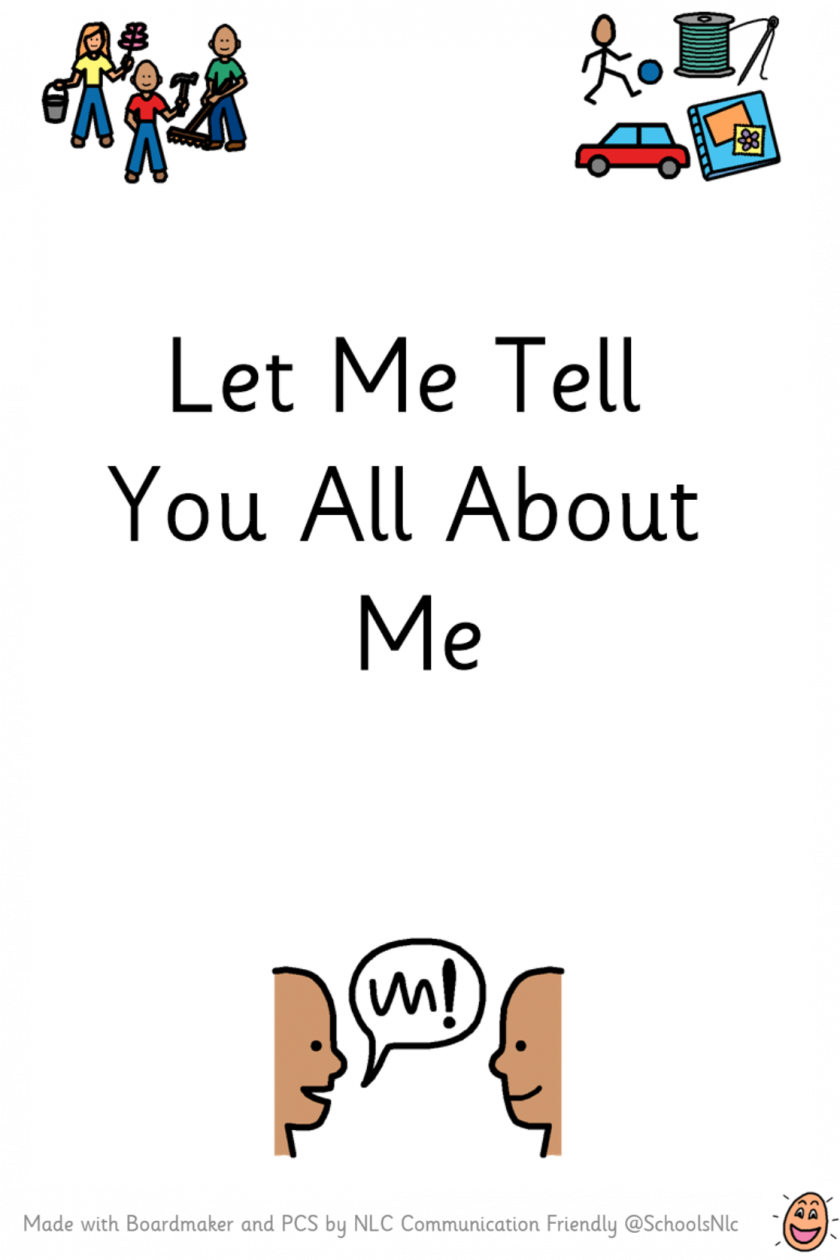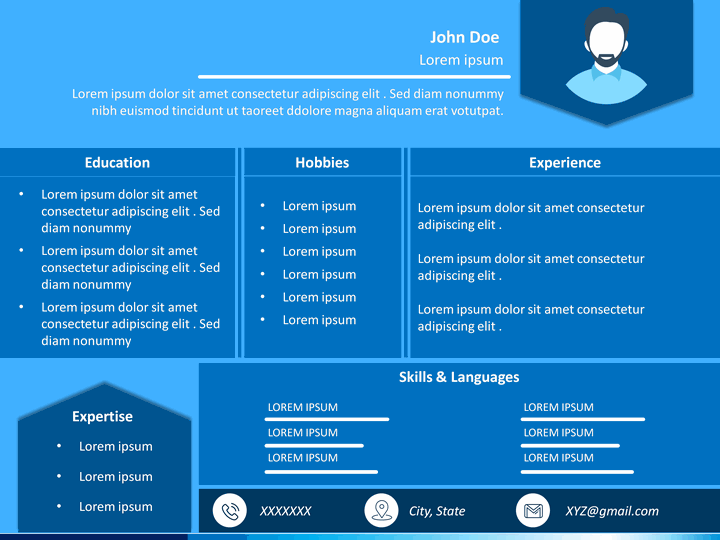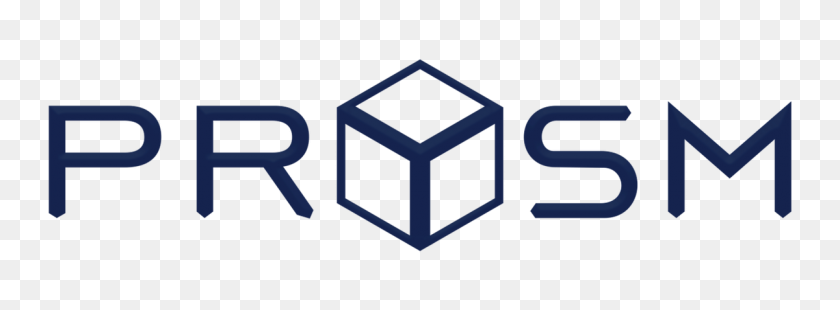


Now, what body language cues are important to have, to improve that first impression and “rating”? But the general consensus is - before you even have a chance to open your mouth, you will be “rated” by others. However, if the introduction takes place in person, body language is crucial.Īnswers to “How long does it take to form the first impression?” range from 33 milliseconds to 27 seconds, which is quite a difference. If you are introducing yourself in a written form (via email or a team messaging app, for example), body language is not something you have to worry about. Tip #1: Pay attention to your body language If you follow all of our tips when introducing yourself, I guarantee you will leave a good first impression and appear as pleasant and professional as one could be. This means that the first impression has a significant effect on how others perceive you - so, the way you introduce yourself matters. Moreover, a Harvard study cited in Forbes revealed that after a bad first impression, it takes 8 subsequent positive encounters to change someone’s negative opinion of us. There’s something called the primacy effect - in simple terms, it’s a tendency of our brains to recall the information presented first better than information presented at the middle or end of “a list of items”. No pressure - but leaving a good first impression is a big deal. Conclusion: When introducing yourself, preparation and amiability are key.What NOT to do when you’re introducing yourself professionally.



 0 kommentar(er)
0 kommentar(er)
